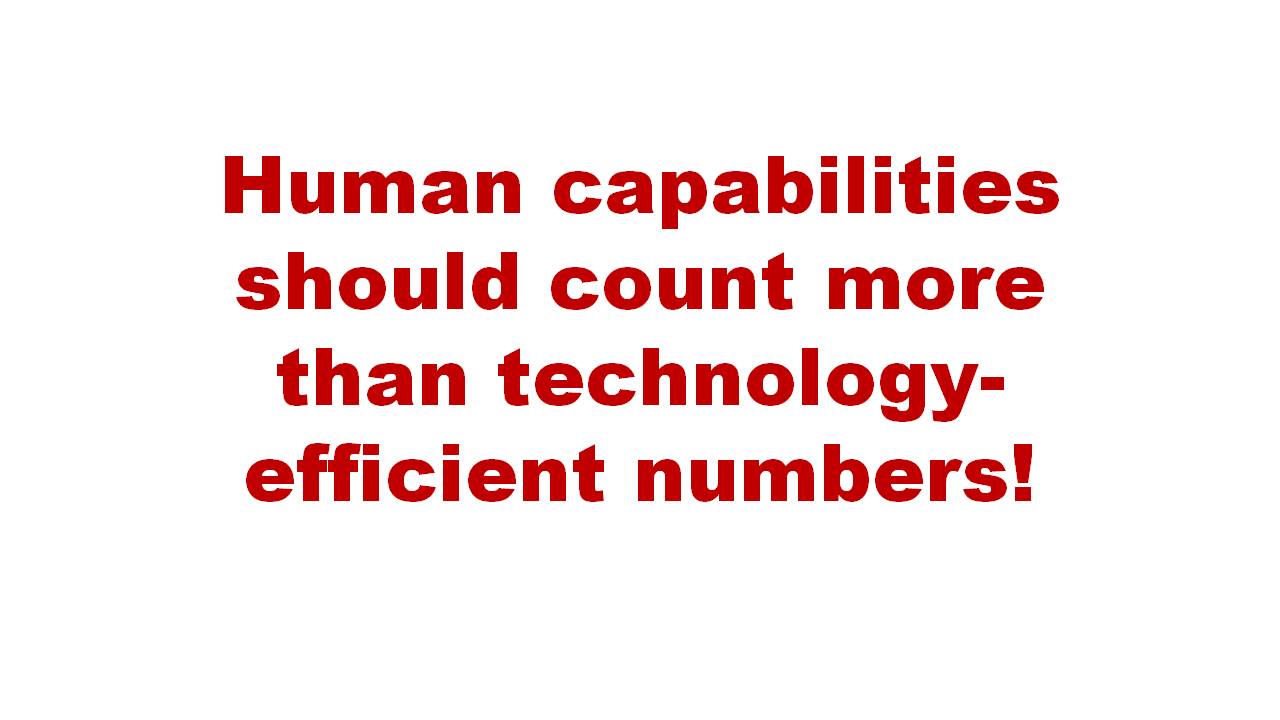by Peter A. Arthur-Smith
“But when technology breaks down the way it did last Friday, I’m also reminded of how critical the human element of travel is to our success.” Online LinkedIn posting in July 2024 by Scott Kirby, CEO at United Airlines.

The Kirby statement was priceless in our technology age, where we had to recently rely upon human brilliance to restore our disrupted worldwide airline system. All airports came to a standstill for several hours. An instance like this put into perspective all current red hot conversations about how A.I. and other advanced technologies will come to replace mankind’s capabilities in our changing world.
Close on the heels of this LinkedIn item, I came across another fascinating article in the New York Times by David Brooks, August 2024, entitled: Many People fear A.I., They Shouldn’t. He quoted an article by Canadian scholar Michael Ignatieff in a 2023 edition of journal Liberties, where Ignatieff pointed out that human minds don’t operate like computers. Instead, they function as “…a distinctively, incorrigibly human activity that is a complex combination of consciousness and unconsciousness, rational and intuitive, logical and intuitive emotional reflection.” The evidence so far indicates there’s no way A.I. or other technologies can match this.
Brooks went on to report how he hears people claiming; “They are building machines that think like people.” He then shared how he has discussed this often repeated claim with neuroscientists – those who specialize in brain functions – who retorted, “That would be a neat trick because we don’t know how people think.”
Like myself, Brooks does believe that A.I. can become a useful ally, when put into perspective. He feels it’s capable of being a terrific tutorial resource and will aid the transformation of education. Just think of all the “googlers” who learn so much from their countless information enquiries. Does that mean we will have a better informed public at large? Hopefully our teachers will use this and other A.I. resources wisely.
Brooks also points out that it’s capable of bringing valuable insights to underserved communities, especially with regard to medical, legal and career advice. Information like this will enable people to make better informed decisions affecting their lives. It will also prove useful to foreigners as they aim to translate local languages and customs. Additionally, it will aid the performance of less accomplished people in their efforts to understand the world around them. My autistic son is given a boost in this regard.
As with the recent airline industry meltdown, we’re reminded of our many broader human attributes compared with the narrow capabilities of technology. Capabilities like innovation, nurturing those around us, courageous feats, creative breakthroughs, ability to empathize, friendships, and personal enjoyment – all things that are distinctly human. With talents like this and countless other differences, we should be ready to stand firm behind our many attributes, push back where necessary against A.I. and other technology tides, and take advantage of reasonable advances where it makes good sense. Allow such advances to complement our own enormous capabilities.
At the end of the day, we should acknowledge that A.I. ultimately needs us more than we need it. We just have to find that optimum balance: 1) where we push back against those intending to use A.I. that causes harm, and focus instead on those options where it can provide real value. 2) Not let our guard down toward a dependency on technology; e.g. where our whole airline system came tumbling down. Another classic example of this dependency is the US’s current efforts to restore its former world-leading, computer chip-making prowess. Our “efficiency” gurus allowed most of the US’s chip-making to flow overseas by shutting-down its former plants and laying-off thousands of local skills that went into making them.
The US government has invested $6Bn, along with $billions of private capital, to rebuild America’s chip-making prowess. Apart from the usual rebuilding delays, there are also worker transition issues, too. Apparently, the Taiwan Semi-conductor Manufacturing Company (TSMC) that is aiding this transition is using considerable numbers of Taiwanese managers to support that rebuild. The more hardline Taiwanese management expectations of its own workers are rubbing Midwest Americans the wrong way. It’s not aiding a smooth transition. It’s yet another example where “people should count more than technology-efficiency.”
In the chase for numbers and profits, it’s causing a worker backlash that will likely take until 2025 before the first TSMC plant ramps-up to full production. Probably with a more enlightened leadership approach, allowing for human ingenuity over pure technology-efficient solutions, it’s more than possible that many of these delays could’ve been avoided.
